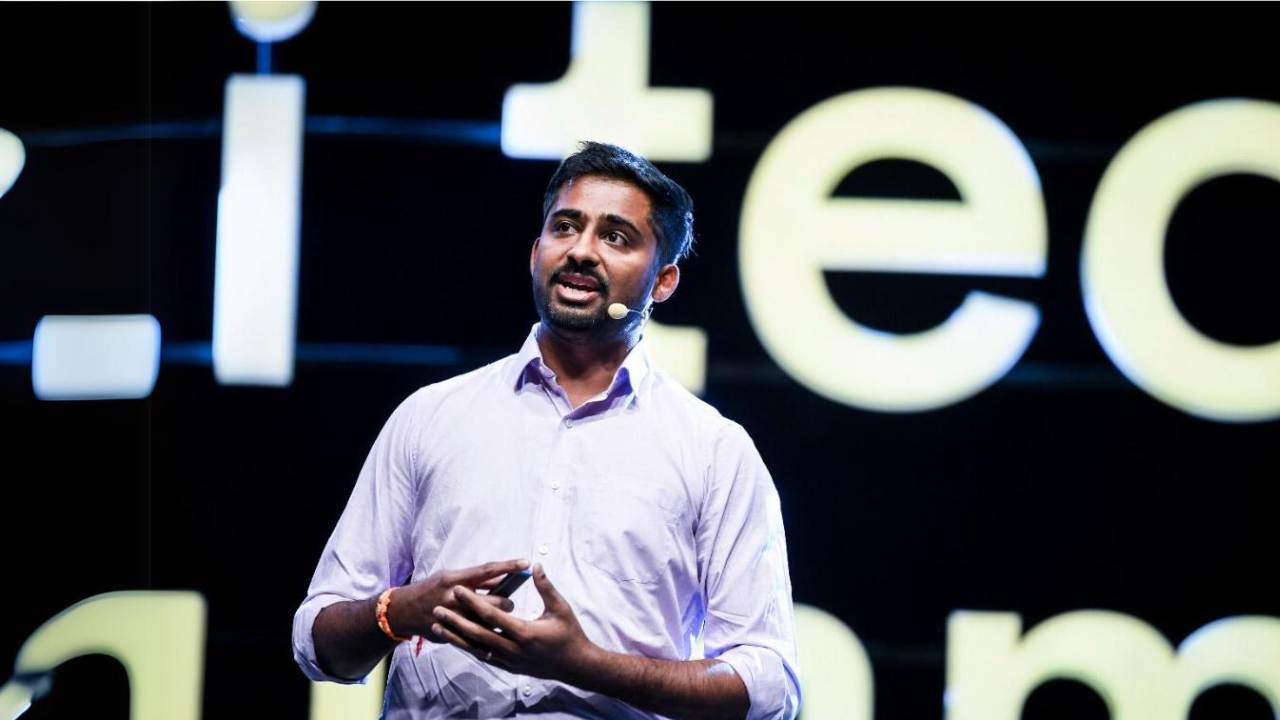One significant innovation in recent years has been technology, and recently AI, have become so famous that it doesn’t need any introduction, some other famous contenders have been automation and robotics, and in this context, we can have questions about the evolving interactions between human and technology. Saiman Shetty who is a Silicon Valley Tech Enthusiast and the founder of smart green cards, brings an interesting perspective on technology, ethics and AI.
“It’s all about putting people first.” With experience at tech giants like Tesla, Lyft, and Neuro, Shetty shares that when people meet him, they often worry about robots taking their jobs. His response? “Yes, robots will take some jobs – but that’s not the whole story,” he explains. “If a job can be done by a machine, maybe we should let machines do it. This frees humans to explore more creative and meaningful work.”
There are two camps when it comes to AI, one believes that AI will take over everything and another believes that it will not bring any interesting change, or will there be a middle ground?
Well, largely AI can be unpredictable. We are not sure of how the interactions of AI will evolve and what would be the changes in the work environment if any.
With AI there will be a shift in the work landscape, with the possibility of including new creative work options and with the development of technology there comes the question of ethics/effectiveness/responsibility.
Drawing from his experience, Shetty emphasizes that responsible AI development requires a comprehensive approach. Organizations must actively work to identify and eliminate bias in their AI systems while ensuring their decisions remain transparent and understandable. He strongly advocates for involving diverse perspectives in AI development and maintaining regular system evaluations to ensure fairness. Above all, he stresses the importance of establishing clear ethical guidelines for AI use.
“The challenge isn’t just creating new technology,” Shetty points out. “It’s about creating technology that helps people while being fair and transparent.”
People often think creating a prototype or initial product is the main challenge,” Shetty explains, drawing from his Tesla experience. “But the real challenge lies in creating systems that can operate consistently and ethically at scale.” He points to Tesla’s manufacturing process, where even minor changes could have far-reaching implications throughout the entire production system.
The challenge of over-automation represents another significant hurdle. The objective is to reduce errors and possibly the combination of machines and humans can do so. Finding the right balance between human involvement and automation remains a constant struggle for organizations to avoid errors and bottlenecks.
Speaking of challenged privacy and surveillance concerns adds another layer of complexity. As AI systems become more sophisticated in collecting and processing personal data, organizations face the challenge of balancing technological advancement with privacy protection. The balance becomes increasingly difficult as AI systems require more data to improve their performance.
Since AI has been built through human inputs, it is important to note that AI doesn’t reflect the errors that a human being can make. He points out that many of today’s AI implementations have shown concerning biases, citing examples from major companies like Facebook and Amazon, where hiring systems unintentionally demonstrated discriminatory tendencies.
He uses his experience at Tesla to explain why careful development on ethical terms matters. While there, he helped create complex manufacturing systems that had to work perfectly every time. This taught him that even small changes can have big effects and unintended effects – a lesson he applies to AI development today.
No matter how big the business, if there is a failure in ethics the company is bound to face problems.
Looking at the current trends, he optimistically shares that machines will help us do many things better and faster, but humans will still have a say in what matters and what we will do next.
As AI continues to advance, constant learning is important. Since AI and automation are here to stay, people will most likely work side by side with machines, as humans still have their unique abilities with them.
Through his current work and public speaking, Shetty continues to promote responsible and ethical AI development that serves humanity’s best interests. His message is clear: with proper care and attention to ethics, AI and automation can help create a better environment for everyone.
As big companies rush to implement AI systems, there is a need for a balanced response, people need to be technology literate as technology integrates itself more and more with our activities. There needs to be a democratization of tech skills to understand how technology is influencing our lives. Technology cannot be a replacement for human potential, ethical considerations can be taken into consideration when we talk about technology, not from a moral standpoint, but because it will be effective in the growth of business as well as individuals.












